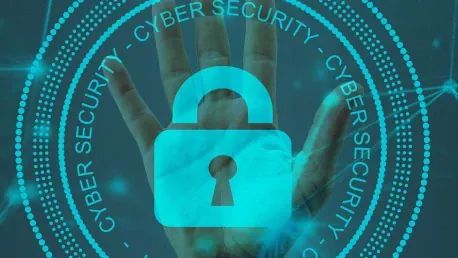
The government has recently taken a significant step by commissioning research to understand the rising number of people claiming out-of-work disability benefits. This decision comes on the heels of increasing calls from politicians and media for action to address the growing expenditure on such

The 2024 Commonwealth Integrity Survey conducted by the National Anti-Corruption Commission provides a comprehensive look into how integrity and corruption are perceived within the Australian public sector. Conducted between August and September, this extensive survey collected responses from

In a remarkable achievement, Estonia has managed to fully digitalize its government services, establishing itself as a global leader in digital governance. This revolutionary milestone is highlighted through an extensive global campaign encouraging various public and private sector entities

The transition to e-governance in Nepal was envisioned as a transformative step towards enhancing governmental efficiency and reducing corruption. The shift to digital was expected to streamline processes, mitigate bureaucratic red tape, and provide citizens with quicker access to essential

The urgent call from Cambridge academics and researchers, alongside over 600 other researchers, for the UK government to fill a funding gap threatening the closure of various university-based research laboratories has sparked significant concern. These labs, traditionally funded by the Medical

President Joe Biden has issued an executive order aimed at strengthening the cybersecurity of the United States through several key measures. The directive, designed to fortify the nation's defenses against increasing cyber threats, has established minimum cybersecurity standards for government